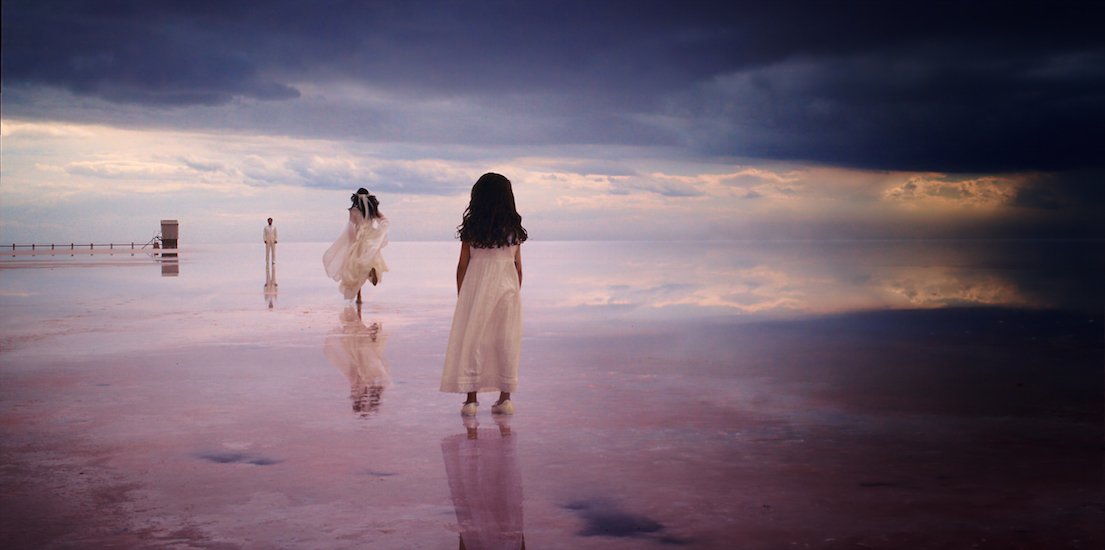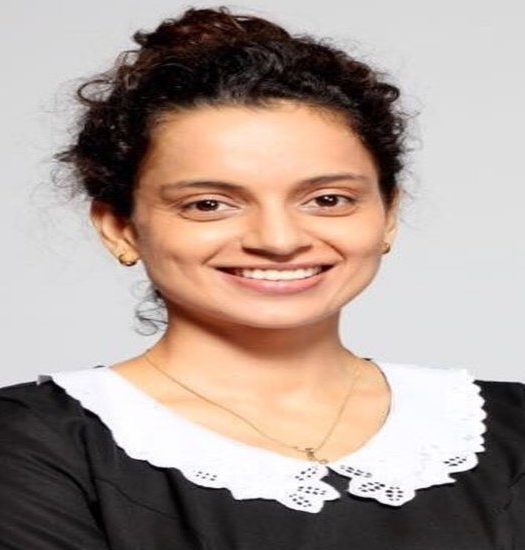The emotionality of our films binds us – Omer
Turkish director Omer Faruk Sorak is as versatile a filmmaker as they come. Having made films in a range of genres in the past, his film 8 Seconds is his first foray into the world of dreams. The most fascinating part: it is based on a true story of someone who has experienced lucid dreams herself. We find out more from the award-winning director himself:

Omer Faruk Sorak
Your film 8 Seconds shows the protagonist dealing with a parallel life between dreams and reality; how much of this has been drawn from personal experience?
Normally, I can’t remember what I dream about, but when I learned about the real story that this film is based on, I started to become more aware of my dreams.
And how did you discover the real story that the film is based on?
We wanted to make a film about lucid dreaming, where you can control what you’re dreaming about. I was talking to a friend from Germany, and his ex-girlfriend had in fact experienced this. So 8 Seconds is based on her life, and I interviewed her about her ‘dream life’. We wanted it be purely original, so that was really what we focused on.
In the past, your films have spanned the genres of sci-fi and comedy; with 8 Seconds, you venture into the territory of romantic dramas. What were some of the challenges of experimenting with vastly different genres like these?
I love different genres of cinema, although there are genres that I haven’t done before like action or horror. Moving between the different genres and exploring their intricacies is exciting, and pushes my boundaries creatively.I make mainstream Turkish films, and I care about the people watching them. I try to make sure that they can reach as many people as possible. I like working with various genres but maybe later, as a safe haven, if I decide I like one genre better than the others, I might stick to that.
With all these genres that you have explored through your films, what is the one thing about your approach that has stayed the same?
What’s important to me is the depiction of existing realities, and the relationship between cause and effect. Whichever genre the film belongs to, I like to make it a realistic portrayal and to make sure that the audience can connect with it. The relationship between cause and effect should play out in a way that seems plausible and natural.
You have made some path-breaking films in your career; what is it that fascinates you about a story?
To decide whether a story should be a film, I put on my ‘viewer hat’. I put myself in that seat, and decide honestly whether it is something that I would enjoy watching.
How would you describe Turkish cinema, especially to an uninitiated audience?
In Turkey, we have Yesilcam, which is similar to Bollywood, and has a long history behind it as well. It’s a period of Turkish cinema, and we move between the spectrum of laughing and crying, similar to how Bollywood films talk about love a lot.
In terms of cinema, are there any similarities culturally between India and Turkey that really stand out?
The intense emotions depicted – the emotionality of our films – really binds us, I feel. I see that both in old Turkish TV series and old Bollywood films.
What is on the cards for you in the future?
I’m currently working on three different scripts; one is a very emotional period film, one is an action film, and the most important one is the sequel to my 2011 film, Ask Tesadufleri Sever (Love, Just A Coincidence). I hope to work on that next year.



